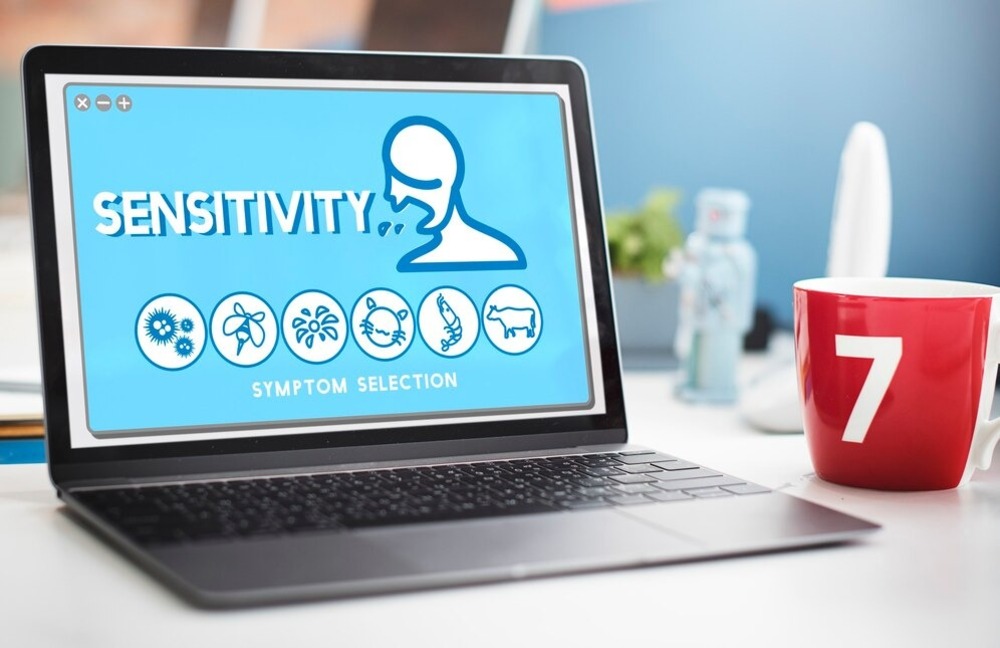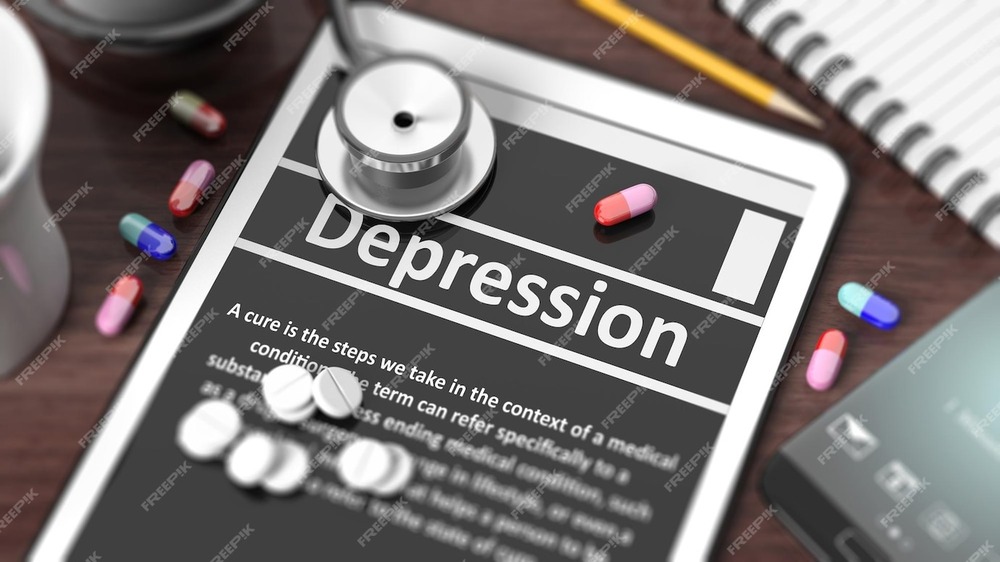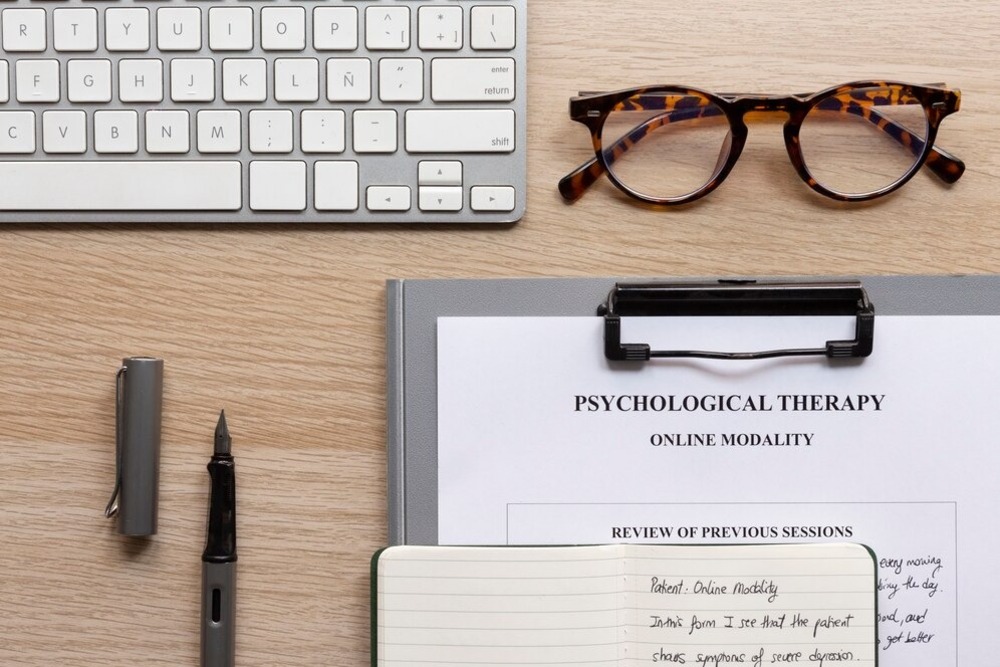In recent years, the rise of digital health tools has transformed the way we approach mental health. Online depression tests have become increasingly popular, offering individuals a quick and accessible way to assess their mental well-being. But how accurate are these tests? Are they a reliable substitute for professional evaluation? In this blog, we will explore the accuracy of online depression tests, the factors that influence their reliability, and what you should consider when using them.

Understanding Online Depression Tests
Online depression tests typically consist of a series of questions designed to evaluate symptoms of depression. These tests often draw from established psychological assessments, such as the Patient Health Questionnaire (PHQ-9) or the Beck Depression Inventory. While they can provide valuable insights, it's essential to understand their limitations.
Key Statistics on Online Depression Tests
- Prevalence of Use: A survey conducted by the American Psychological Association found that approximately 30% of adults have used an online mental health assessment tool at least once. 📊
- Accuracy Rates: Research indicates that online depression tests can have an accuracy rate ranging from 60% to 80%, depending on the test's design and the population being assessed.
- Follow-Up: A study published in the Journal of Medical Internet Research revealed that only 20% of individuals who take an online test seek further evaluation from a mental health professional.
These statistics highlight the growing reliance on online assessments, but they also raise questions about their effectiveness.
Factors Influencing Accuracy
Several factors can influence the accuracy of online depression tests:
- Test Design: The validity of the test is crucial. Tests based on established psychological frameworks tend to be more reliable.
- User Honesty: The accuracy of results heavily depends on how honestly users answer the questions. Self-reporting can lead to biases.
- Cultural Context: Different cultures may interpret symptoms of depression differently, affecting the test outcomes. 🌍
- Technical Issues: Poorly designed websites or apps can lead to misunderstandings or misinterpretations of questions.
Comparison of Popular Online Depression Tests
To better understand the landscape of online depression tests, let's compare a few popular options based on their accuracy, design, and user feedback.
| Test Name | Accuracy Rate | Design Quality | User Feedback |
|---|---|---|---|
| PHQ-9 | 80% | High | ⭐⭐⭐⭐⭐ |
| Beck Depression Inventory | 75% | Medium | ⭐⭐⭐⭐ |
| Mood Disorder Questionnaire | 70% | High | ⭐⭐⭐ |
| Online Self-Assessment | 60% | Low | ⭐⭐ |
As shown in the table, the PHQ-9 stands out as the most reliable option, with high accuracy and positive user feedback. However, it's essential to remember that no online test can replace a professional diagnosis.
The Role of Online Tests in Mental Health
While online depression tests can be a useful starting point, they should not be the sole method for diagnosing depression. Here are some ways to effectively use these tests:
- Self-Awareness: Use the results to gain insight into your mental health and identify symptoms you may want to discuss with a professional. 🧠
- Monitoring Progress: If you are already receiving treatment, online tests can help you track your symptoms over time.
- Resource for Discussion: Bring your test results to a mental health professional to facilitate a more informed discussion about your mental health.
Limitations of Online Tests
Despite their benefits, online depression tests have notable limitations:
- No Personalization: These tests cannot account for individual circumstances or co-occurring mental health issues.
- Risk of Misinterpretation: Users may misinterpret their results, leading to unnecessary anxiety or complacency.
- Lack of Professional Guidance: Without a trained professional to interpret the results, users may miss critical insights.
Conclusion
Online depression tests can be a helpful tool for self-assessment, but they should be approached with caution. While they provide a convenient way to gauge mental health, their accuracy can vary significantly. It's crucial to use these tests as a starting point rather than a definitive diagnosis. If you or someone you know is struggling with depression, consider seeking help from a qualified mental health professional.
For more information on mental health resources, you can visit MentalHealth.gov or check out NAMI for support and guidance. Remember, taking the first step towards understanding your mental health is essential, and you don't have to do it alone. 🌈




